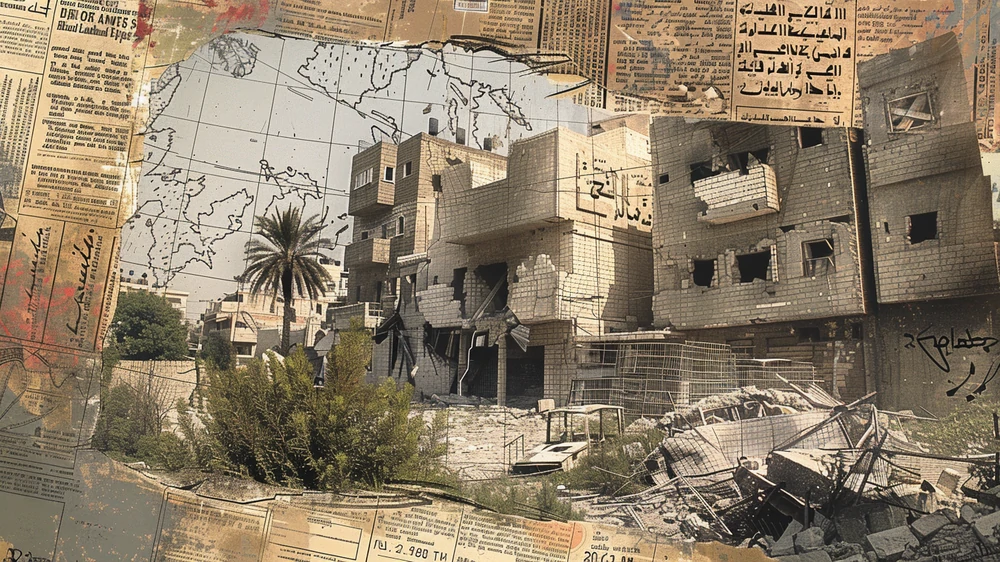In a recent statement that has reverberated across international borders, the United States has once again issued a stern warning against the escalation of military actions in Rafah, a significant flashpoint in the ongoing conflict between Israel and Gaza. This warning comes amidst rising tensions and the looming threat of a major military offensive that could have far-reaching implications for regional stability and international peace.

The city of Rafah, situated at the southern tip of the Gaza Strip near the Egyptian border, has historically been a strategic site due to its geographic and political significance. It has frequently been the focus of military operations and humanitarian concerns, particularly regarding access points that are crucial for the flow of goods and aid into Gaza.
The U.S. warning was articulated by the State Department, emphasizing the need for all parties to exercise restraint and seek a resolution through diplomatic means. The U.S. governments position reflects a broader international consensus that further military actions in Gaza, particularly at this scale, could lead to a catastrophic escalation that would inflict heavy casualties and more suffering on the civilian population.
This stance is informed by a series of reports from international observers and human rights organizations, which have documented the dire humanitarian conditions in Gaza. These reports highlight the acute shortages of essential supplies, including medical aid, clean water, and electricity, exacerbated by the ongoing blockade and repeated military confrontations.
The implications of the U.S. warning are profound. It signals a possible shift in U.S. foreign policy towards a more balanced approach in dealing with the Israeli-Palestinian conflict, recognizing the complex political dynamics and the potential for further destabilization of the Middle East. This approach appears to align with the growing calls from various global entities, including the European Union and the United Nations, urging for an immediate ceasefire and the resumption of peace talks.
Moreover, the situation presents a significant test for the new administrations commitment to international norms and human rights. The global community watches closely as the U.S. navigates its role as both a key ally of Israel and a broker for peace in the region. Critics argue that the U.S. must leverage its considerable influence with Israel to foster a more conducive environment for negotiations and to ensure that actions on the ground do not contravene international law.
On the ground in Rafah, the mood is tense, with residents preparing for possible outcomes. Interviews with local citizens reveal a palpable fear of a renewed conflict that could erase even the modest gains made in recent months. Humanitarian agencies are also on high alert, coordinating with international partners to ramp up emergency responses in case of a military escalation.
In conclusion, the U.S. warning against an offensive in Rafah underscores the precariousness of the situation in Gaza and the broader Middle East. It serves as a reminder of the urgent need for a durable solution to the Israeli-Palestinian conflict that goes beyond temporary ceasefires and addresses the root causes of the conflict. As the international community continues to push for dialogue and peace, the coming days will be critical in shaping the future of the region and the lives of its people.

